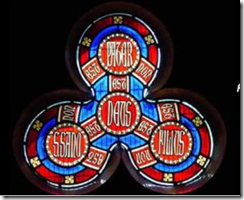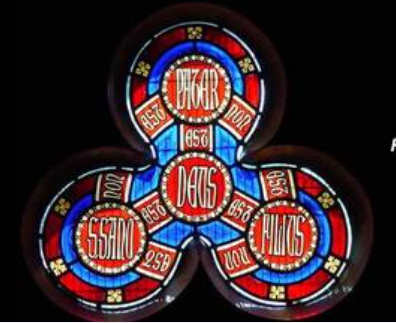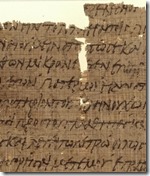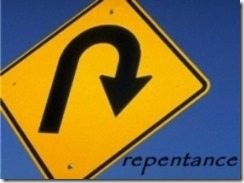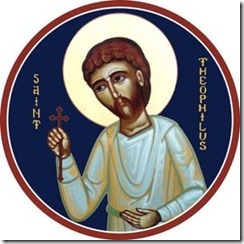FEATURED BOOK :
When Jesus Became God: The Struggle to Define Christianity during the Last Days of Rome by Richard E. Rubenstein
This book is a MUST READ by honest Trinitarians and non-Trinitarians alike.
Background note : When the creator of this website was Eastern/Byzantine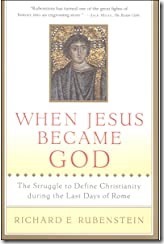 Catholic (known as the self proclaimed and crowned Eastern “Orthodox”) for almost 8 years, my family was fed a neatly designed packaged claiming that all heresy in regard to “The Trinity” and the dispute … Read the rest
Catholic (known as the self proclaimed and crowned Eastern “Orthodox”) for almost 8 years, my family was fed a neatly designed packaged claiming that all heresy in regard to “The Trinity” and the dispute … Read the rest

